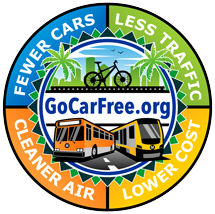
Lesson 7
Okay, But I Still Can’t See Myself Going Car Free
“Living without a car is a tremendous luxury. Most people who are car dependent can’t understand that, but it is.”
– Meghan Burke
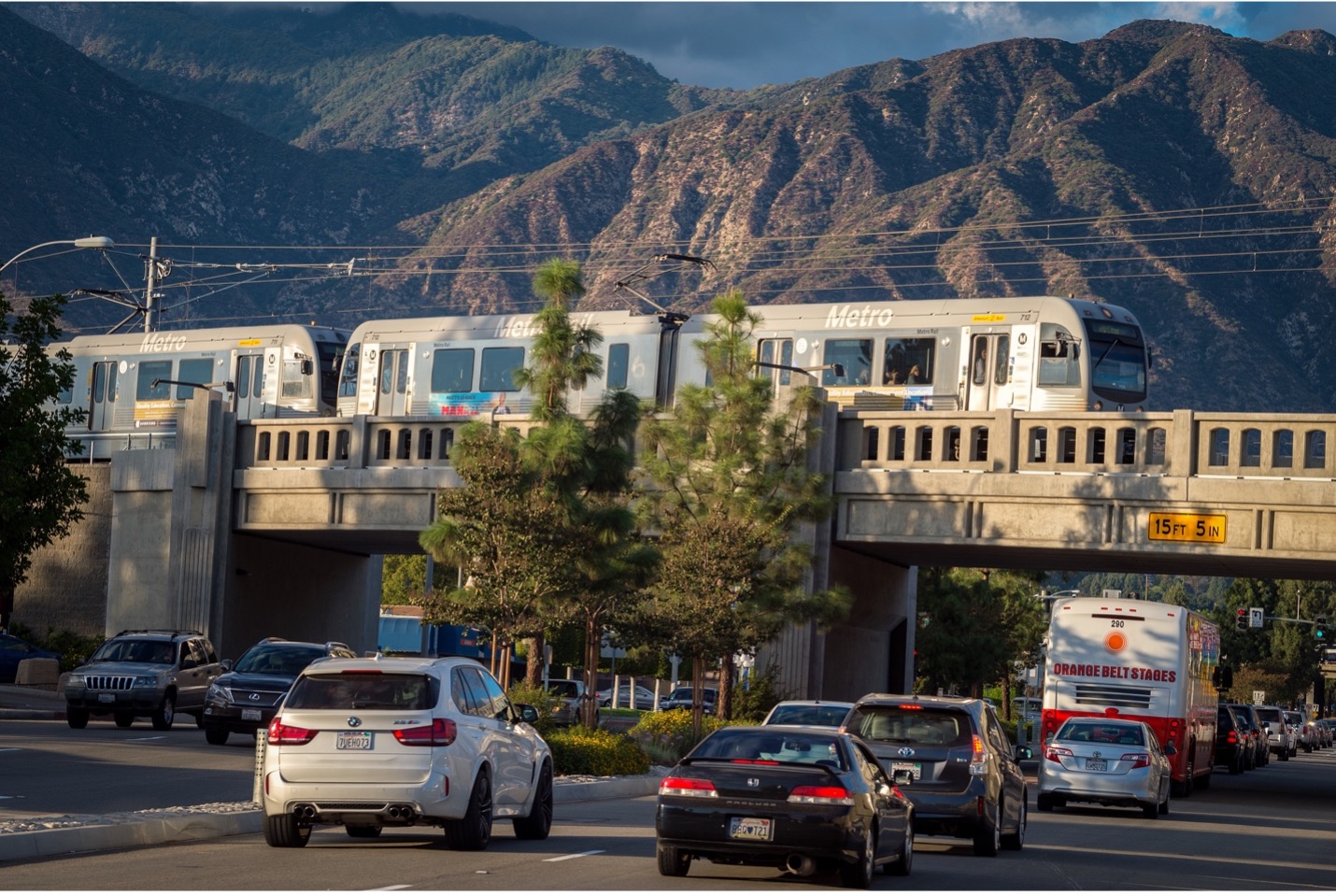
You’ve seen how cars pollute our air and water, cause social and health problems, waste time and energy, and cost a fortune. But maybe you’re still having a hard time visualizing your life without a car. Or perhaps you’re even a bit afraid of going car free.
Relax. There’s no need to make any decisions just yet. We still have a lot to cover before you have all the information you need to make the choice that’s right for you. In this lesson, we’ll look at some of the most common fears associated with giving up one’s car.
Below is a video where the host expresses her trepidation about going car free, then makes her decision, and finally reflects on her choice. At the end of the video she gives advice to viewers. She also explains how only after she bought an electric bike did she notice all of the bike trails in her town, and how much she enjoyed riding on them.
Car Free Success Story:
I was apprehensive about living without a car. How, for example, would I visit my parents? Leave town for daytrips to the Columbia Gorge where I like to hike? How would I get to church on Sunday morning? I feared that giving up my car, even temporarily, would strip me of independence. As it turned out, I made my parents come see me, found places to hike closer to home, and started going to a closer church service by bike and now by carpooling. Cars are awesome tools, but let’s not kid ourselves. They just aren’t necessities for most people who live in a metropolitan area.
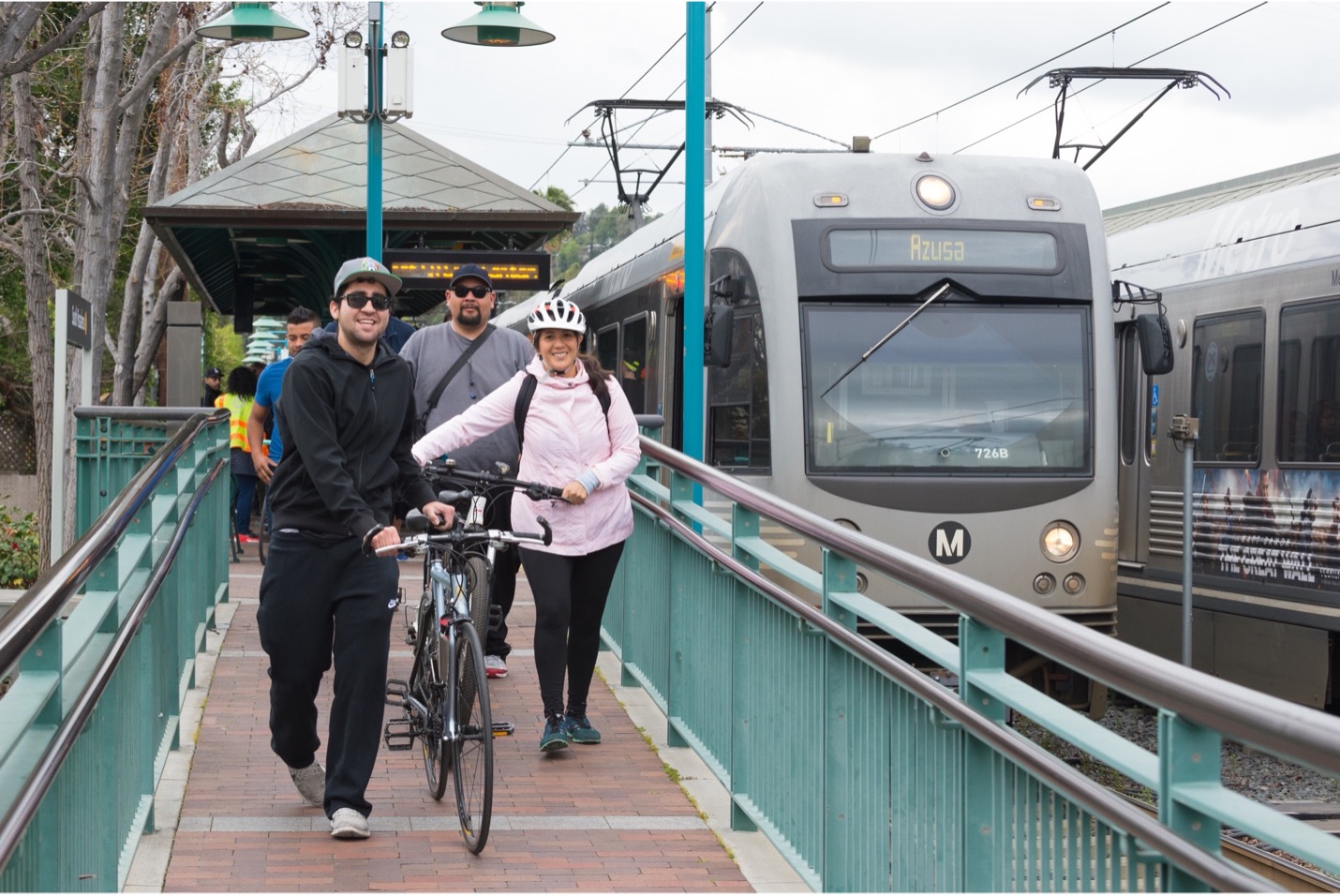
Fear of Becoming Isolated, Cut Off, or Stranded
If you’ve relied on cars for transportation your whole life, the thought of no longer having one may cause concern. “Will I ever see my friends again?” “Will I become a recluse?” “Will I die alone?”
Remain calm. Your life will be better without a car, and that includes your social life.
Contrary to what you might think, you’re not going to be stuck at home on Saturday nights just because you don’t have a car. When you live car free you will spend more time out and about, and more time visiting and socializing.
You’ll meet new people and develop new relationships because you’ll be carpooling and sharing rides. You’ll get to know other residents in your community because you’ll no longer be zooming through it at forty miles per hour insulated by glass and steel. And you’ll meet your neighbors when you’re out walking or riding your bike.
If you follow the advice in this course, you won’t be cut off from other people or from the things you want to do, and you’ll never get stranded. You may, however, have to re-engineer your transportation strategy and plan things in advance more. The remaining lessons of this course will help you think through that re-engineering process.
Fear of Bad Weather, Rain, Snow, Heat or Cold
But won’t I get caught in the rain/snow/heat/cold if I go car free? Well… yes. Eventually. Riding a bike, ebike, scooter, or motorcycle, or waiting at a transit stop you are bound to run into several days of bad weather every year. But hold on…
When I lived in St. Louis, Missouri, I rode the Metro or commuted by bike to work year-round – through hot, humid, sticky summers and freezing, snowy, icy winters. I enjoyed it! My car free commute – either on my bike or on the metro – was a calming time to relax, decompress from the workday, and just enjoy the ride. Seldom did I get truly stranded by bad weather.
There was one time I rode my bike to work and right before I was going to leave for the day an unexpected thunderstorm hit. I didn’t want to risk cycling through lightning, so I decided to wait it out. I would have been stuck at work for a few more hours, but a nice coworker offered me a ride to the metro station. Problem solved. That was only once in two years of living car free in St. Louis.
“There’s no such thing as bad weather, only unsuitable clothing”
– Alfred Wainwright
The reality is there were only a handful of days out of a year of car free commuting in the Midwest when the weather was so bad I didn’t want to go out in it. Even in situations like that, these days the solution is easy… call an Uber or Lyft. Or just wear rain gear or wait for the weather to clear.
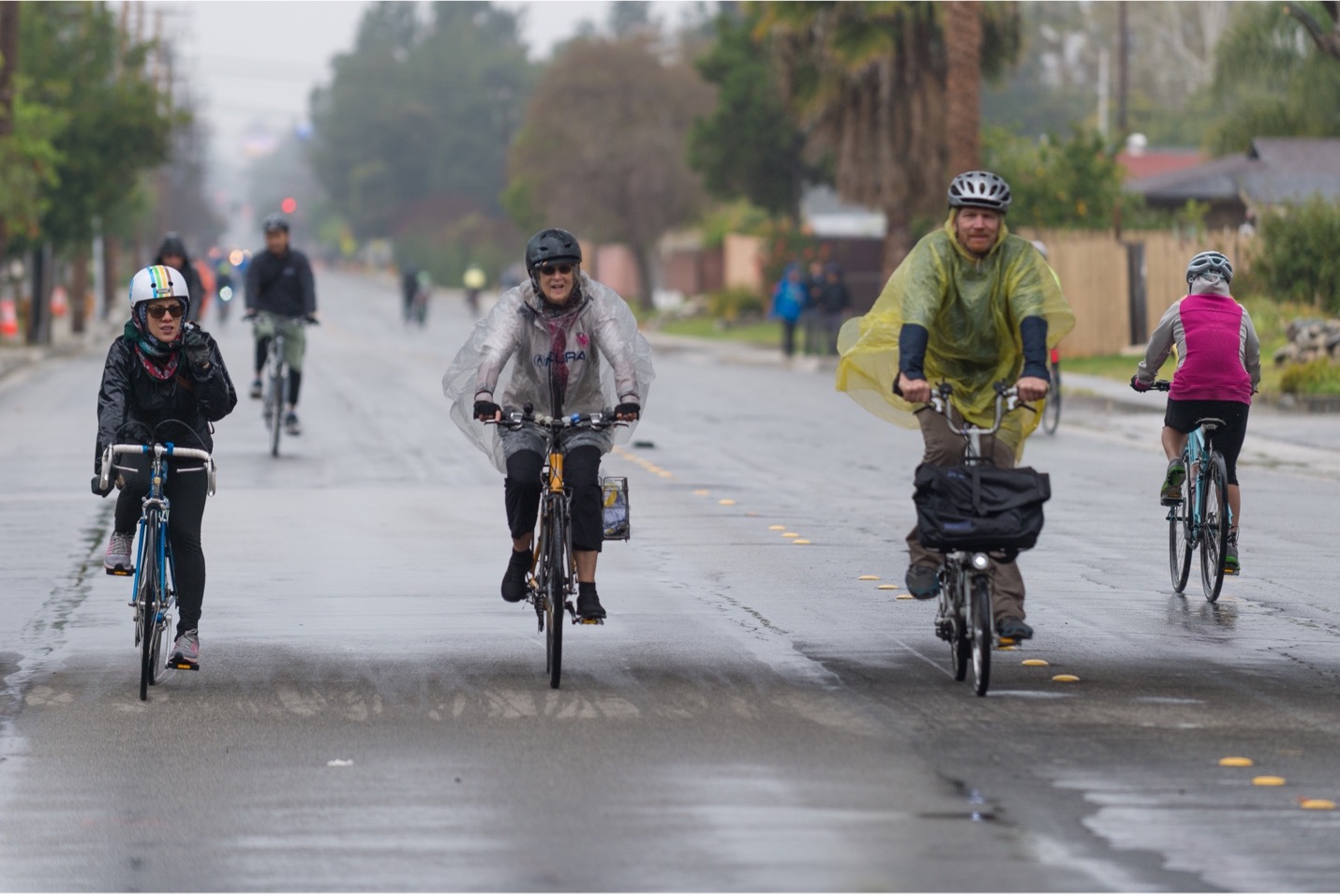
But Chris, Now You Live in Southern California So It’s Easy for You
It’s true that for the past 15 years I’ve lived car free in Southern California where the weather is (almost) always sunny and nice. But every winter in the Los Angeles Basin we get plenty of cold, rainy days. I have taken my daughter to school on my bike in the pouring rain.
But first, imagine bicycle commuting in the dead of winter in Northern Europe with two small children. Sounds like a challenge, right? Well, the dad in the video below does just that. I take my daughter to school on my bike in Santa Monica, and I thought I was cool. This guy is SuperDad. Take a look.
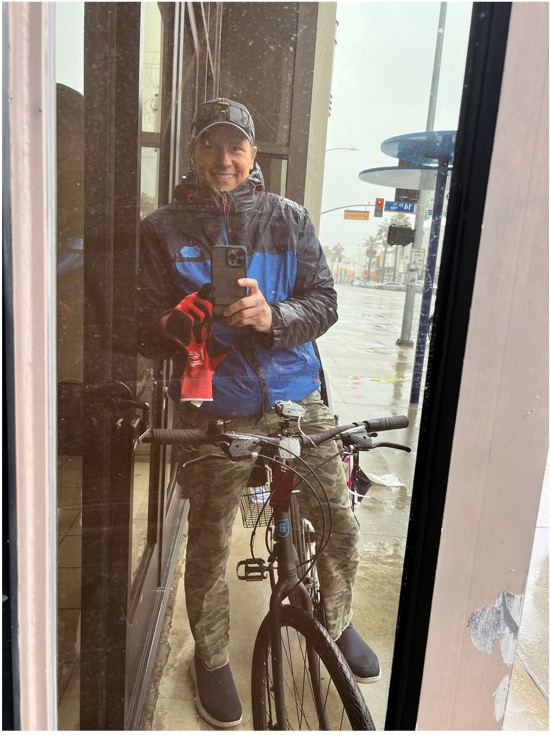

Fear of Being Too Limited
Will not having a car limit the things you can do? Yes and no. The cost savings and time savings of living car free provide tremendous freedom. In many cases, people who don’t own cars live lifestyles more rich and varied than people who do. However, living car free can make it more difficult to go where you want exactly when you want.
When you have a car you can drive any place at any time. Printer out of paper? Let’s go to OfficeMax right now. A light bulb just burned out? Hop in the car and head to Home Depot. Craving Taco Bell? Grab your car keys. A car is instant, on-demand transportation – but at a tremendous cost.
When you don’t own a car, you will lose some of your ability to make instantaneous travel decisions. If it’s outside the area you can easily travel to by bicycle or mass transit, the errand may have to wait until another day, or until you can order it online and have it delivered.
In other words, you may not be able to replace that light bulb right now, but you will be able to replace it. Without a car, you simply learn to be patient, to plan ahead, and to delay instant gratification – which are all good virtues.
Car Free Success Story:
I love that I don’t have to allocate a big part of my income to a piece of equipment that sucks inordinate amounts of energy per mile traveled, spews pollutants, and depreciates in value down to nothing in a few years. A car is a big thing to have to take care of, and not having to do so lightens my load. I feel really rich now that I don’t have a car to support. I seem to have more free time, and greater peace of mind. I get just as much done, without driving around all over town. I seek out fun places, stores, and restaurants within a few miles of my house, and surprisingly, there are plenty.

Fear of Peer Pressure
Peer pressure to own a car is not as bad today as it was when I first went car free more than 15 years ago. But it still exists.
In 2023, almost everyone is interested in being environmentally conscious to some degree. When I tell people I’m car free they usually say something supportive, like, “Oh, good for you. You’re really doing your part for the environment.”
But even today, millions of people in this country have bought into the marketing myth that every adult in America must own a car. And when they see someone who does not follow that script, they act surprised.
Fortunately, this odd form of peer pressure is mild and usually comes in the form of sincere questions. “Do you really not have a car?” “How can you live without a car?” “How do you buy groceries?” “But everyone has a car.”
In most cases, people who ask are genuinely interested in your answer. They’re not poking fun. They’re intrigued because they realize on some level that they are car-addicts themselves.
Of course, a guaranteed way to avoid such questions would be to follow the pack and own a car. But remember, the average American credit card balance is over $9,000, seventy-two million credit card holders make only the minimum payment each month, and an estimated nine million Americans seek credit counseling every year. If you want to follow the script and be like everyone else, go into debt and buy a car.
Car Free Success Story:
My husband and I have not owned a car for the last four years. We decided to get rid of the car for economic reasons – we did the math and owning a car just didn’t make financial sense. When we sold the car, I must admit I had a twinge of panic as it was being driven away. But we never missed it. Being car free is great. We are making more friends in our neighborhood and community, shopping at more local stores, and dealing with less noise, pollution, traffic congestion, and parking hassles. Environmentally, we are using less oil, emitting less noxious fumes into the air, and creating less waste. There are many levels of benefits.
We recently bought a house and could afford a better location since we are spared the care and feeding of an automobile. We walk to the store or ride our bikes together. We don’t have to join a gym or make any conscious effort to get exercise since our active transportation modes keep us moving. It’s much easier to get yourself to walk and bike places if you don’t have a car sitting right there.
Advice to people: add up the actual costs of car ownership. Include gas, car price, insurance, oil changes, parking fees, cleaning, and repairs. It’s much higher than most people think. Also consider your time – driving is quick, but parking might not be, and repairs, fueling, etc., all take time. Then add in the other time it takes to get exercise. People who own cars also tend to offset the speed advantage of a car by shopping less efficiently, living farther away from work, and having to spend countless hours working in order to pay for the car. Consider these all as part of the choices you make.
Fear of Criticism and Jokes
“Hey, Chris. When you go out on a date this weekend, are you gonna pick her up on your bicycle?” Ha ha. In my years of car free living, I’ve been the butt of a few jokes. Some of them are quite funny. All are harmless. And since I’ve heard them all before, I know how to respond.
For example, I usually reply to the joke above by saying, “No. Actually, with all the money I’m saving by not owning a car, we’re flying to Cancun for the weekend.” Another effective comeback is, “What’s the price of gas these days? I have no idea.”
I’ve also noticed that the people who seem to crack the most jokes are usually the ones who are stuck with an expensive car and a huge car payment. My guess is that they secretly envy my smart financial move and that’s why they make jokes.
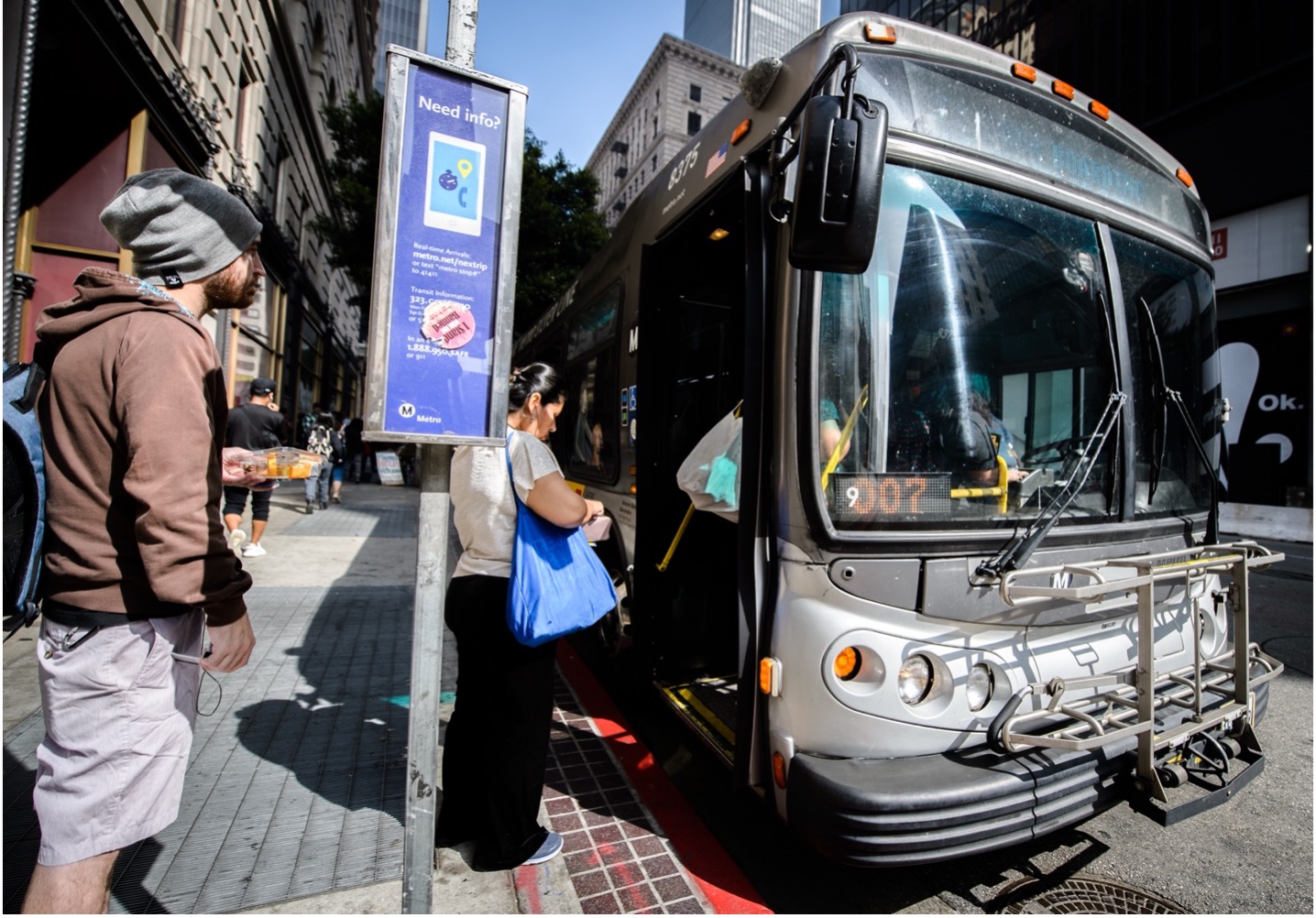
Fear of Losing Your Identity, Image, or Status
A reporter once said to me in an interview, “Going car free seems to have a lot of benefits, and I could definitely use the extra cash. But I don’t want to give up a possession that reflects who I am. My car helps me express my individuality, identity, and status.”
This is a common psychological objection to giving up one’s car – even though most people would never admit it. Many people think their car helps express who they are. No one really buys a Porsche because the top speed is 150 miles per hour. They buy it to display their status and project a successful image to the world.
The short answer to the above objection is that when you live car free, you will find better ways to express your individuality. With the time and money you’ll be saving, there are hundreds of opportunities for creative new forms of self-expression and better yet, self-discovery.
For example, instead of wasting your money on a sports car, you could take an art or pottery class and fill your home with canvases that you painted, or decorative pots that you threw. Or you could buy a fancy digital SLR camera and become a photography hobbyist.
Or better yet, maybe you’ll use the money you’re not spending on a car to take a year off and travel the world. That’s exactly what my wife and I did. We spent four months backpacking through 16 countries – paid for with the money we saved by not owning a car.
There are far better ways to present a successful, interesting image than by owning a car. Besides, even if you spend a lot of money to drive a bright red BMW convertible, there are still hundreds of other people in your city with the exact same car.
So really, a car doesn’t make you unique at all. If you’re a person who only derives your identity and self-worth from the car you drive, then my guess is you probably stopped reading this course long ago.
Car Free Success Story:
I often look at cars rolling down the street and believe we have confused our humanity and our ingenuity with the automobile. Nothing else has dominated and ruled our lives so forcefully. I felt it would be good to break the hold the car has on my life. I was spending about $8,000 a year on a leased vehicle. I felt that was a lot of working hours just keeping the car available to me on a moment’s notice. I realized I could do it cheaper even if I rented a car two weekends a month.
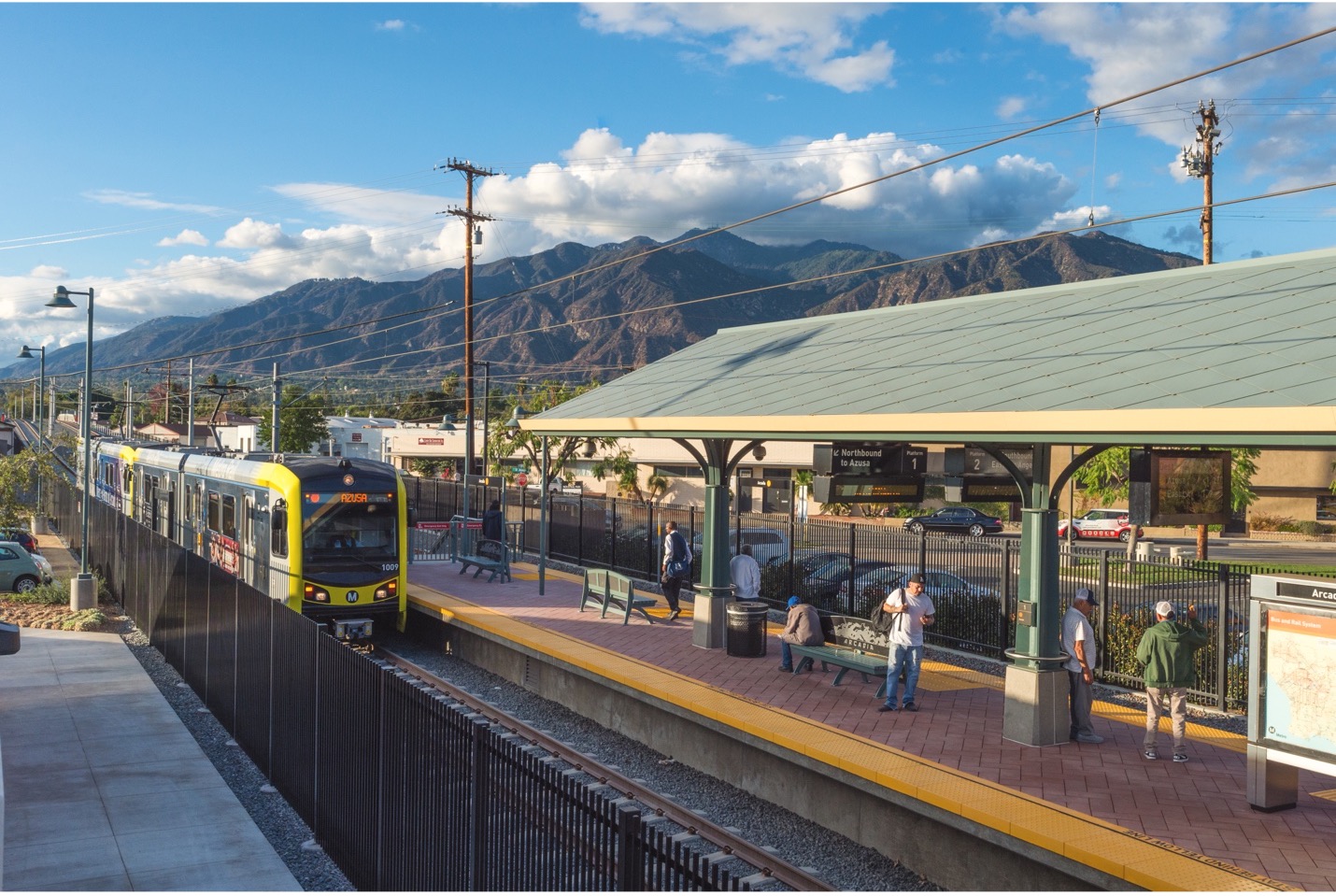
Consider It an Experiment
Here’s one final, comforting thought for those of you who are still skeptical. Even if you take the plunge into car free living and sell your car, only to realize later that this lifestyle doesn’t suit you, you can easily just get another car. It really is that simple and that easy to end your car free experiment. You can buy a car in a matter of hours and drive it home that same day. In the meantime, you will have saved some money and learned a lot about yourself, your neighbors, and your community.
What have you got to lose?
